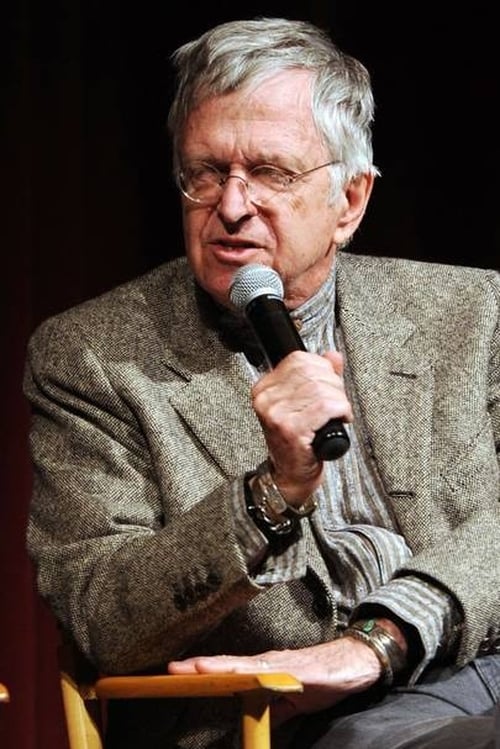Jay Cocks
Nacimiento : 1944-01-12,
Historia
From Wikipedia, the free encyclopedia.
Jay Cocks (born January 12, 1944) is a film critic and motion picture screenwriter.
He is a graduate of Kenyon College. He was a critic for Time, Newsweek, and Rolling Stone, among other magazines, before moving into film writing.
As a screenwriter, he worked on Martin Scorsese's The Age of Innocence and Gangs of New York -- a screenplay he started working on in 1976 -- as well as Kathryn Bigelow's Strange Days. Cocks also performed an uncredited rewrite of James Cameron's screenplay for Titanic.
Description above from the Wikipedia article Jay Cocks, licensed under CC-BY-SA, full list of contributors on Wikipedia.

Self
Elia Kazan represented the American dream. An immigrant who came without anything and who became the Prince of Hollywood and Broadway after World War II. Actor, theater director, filmmaker, writer, he is the founder of Actor’s Studio, a collaborator of Arthur Miller and Tennessee Williams, and a director who discovered Marlon Brando and James Dean.

Self
A behind-the-scenes documentary on the making of Martin Scorsese's "Silence"
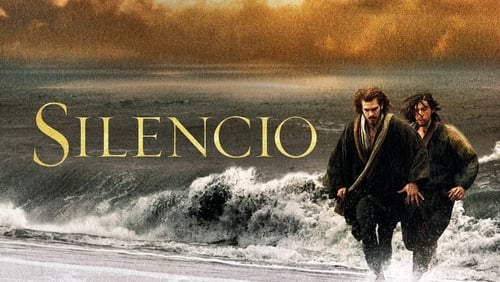
Screenplay
Dos sacerdotes jesuitas, Sebastião Rodrigues y Francis Garrpe, viajan al Japón del siglo XVII que, bajo el shogunato Tokugawa, prohibió el catolicismo y casi todos los contactos extranjeros. Allí son testigos de la persecución de los cristianos japoneses a manos de su propio gobierno que desea purgar Japón de toda influencia occidental. Eventualmente los sacerdotes se separan y Rodrigues viaja por el campo, preguntándose por qué Dios permanece en silencio mientras Sus hijos sufren.
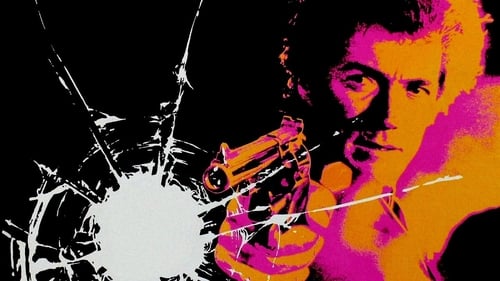
Self
An in-depth look at Dirty Harry (1971), featuring interviews with such film artists as Michael Madsen, 'Hal Holbrook', John Milius, 'Shane Black' and John Badham.
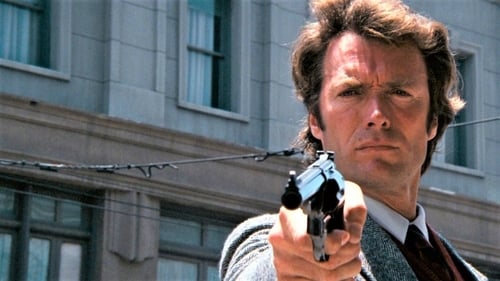
Self
Filmmakers, social scientists and authors take a provocative look at the moral, political and ethical themes of the Dirty Harry films.

Self
A look at the cinematographers, editors, musicians, production designers and other talent of the Dirty Harry series.
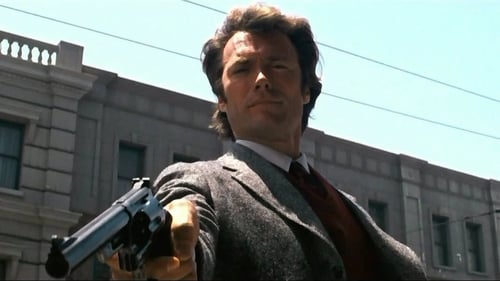
Self
An unflinching look at the ongoing debate on violence in movies and its effect on the audience.

Self
Follow Stanley Kubrick as he creates his savage and brilliant Vietnam film, hewing closely to the theme that dominated his creative life for four decades - the duality of human nature. Poised between good and evil, mankind was, in Kubrick's view, a complex creature equally capable of unspeakable savagery and heart-melting tenderness. Full Metal Jacket would make his case in vivid, blood-soaked Technicolor. Through interviews with Kubrick's collaborators and cast members, including Vincent D'Onofrio, Lee Ermey and Adam Baldwin, this documentary reveals how Kubrick's brilliant visual sense, astute knowledge of human nature, and unique perspective on the duality of man came together to make Full Metal Jacket an unforgettable cinematic experience, taking its place in his "war trilogy" alongside cinematic landmarks Fear and Desire and Paths of Glory.
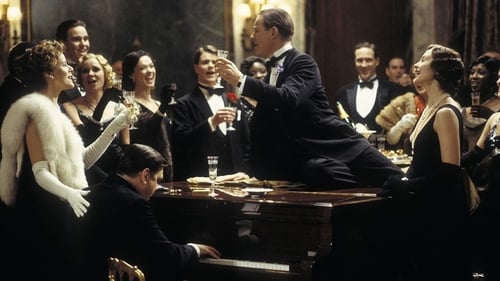
Author
Biografía del legendario compositor americano Cole Porter, un icono de la música del siglo XX cuyo esplendor coincidió con la época dorada de Hollywood. En 1964, a punto de morir, toca al piano una melodía melancólica y familiar que lo lleva a evocar el pasado: recuerda las personas y los hechos más importantes de su vida, sobre todo, la profunda y compleja relación con su esposa y musa, Linda Lee Porter.
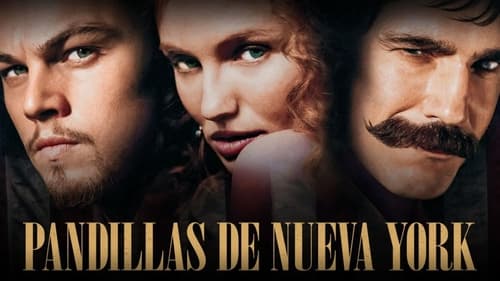
Story
New York City, 1863. Antes de la ciudad que conocemos hoy, llena de riqueza, poder y sueños infinitos, New York era un lugar diferente, una ciudad naciente donde el deseo por una vida mejor enfurecía a su gente y generaba violencia en las calles. Mientras la superviviencia del país se debatía en la Guerra Civil, un vasto y peligroso grupo de personas crecía en el bajo mundo. Pero en la joven y naciente ciudad, llegaba el momento de luchar contra los despiadados, contra la intolerancia y el miedo. Había llegado el momento del extraordinario valor de aquellos que impulsaron al borde de la lucha la libertad de futuras generaciones.

Screenplay
New York City, 1863. Antes de la ciudad que conocemos hoy, llena de riqueza, poder y sueños infinitos, New York era un lugar diferente, una ciudad naciente donde el deseo por una vida mejor enfurecía a su gente y generaba violencia en las calles. Mientras la superviviencia del país se debatía en la Guerra Civil, un vasto y peligroso grupo de personas crecía en el bajo mundo. Pero en la joven y naciente ciudad, llegaba el momento de luchar contra los despiadados, contra la intolerancia y el miedo. Había llegado el momento del extraordinario valor de aquellos que impulsaron al borde de la lucha la libertad de futuras generaciones.
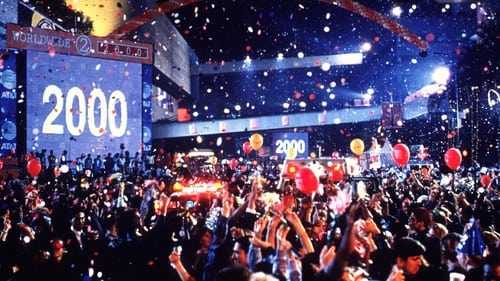
Screenplay
Faltan dos días para la llegada del año 2000 y las calles de Los Ángeles están abarrotadas de gente. Lenny, que ha sido expulsado de la Brigada Antivicio, se dedica a la captación de clientes para venderles unos clips que reproducen las vivencias de otras personas.

Screenplay
Nueva York, año 1870. Newland Archer, un caballero de la alta sociedad neoyorquina, está prometido con May Welland, una joven de su misma clase social. Pero sus sentimientos cambian cuando conoce a la poco convencional prima de May, la condesa Olenska. Desde el principio, defenderá la difícil posición de la condesa, cuya separación de un marido autoritario la ha convertido en una especie de proscrita dentro de su propia clase social.

Self
A documentary about the making of director Martin Scorsese's 1993 film adaptation of Edith Wharton's Pulitzer Prize-winning novel, The Age of Innocence. It features a conversation between Scorsese and the star of the film, Daniel Day Lewis, as well as rare behind-the-scenes footage.

Self
Providing behind the scenes footage of the director on set with clips from his own films, Martin Scorsese Directs depicts to riveting effect the way Scorsese brings the written story to life on the big screen. Additional interviews with the likes of Joe Pesci, Harvey Keitel, Thelma Schoonmaker, the director’s own parents, and others build a perception of Scorsese that not everybody knows.

Writer
A short documentary film about fashion designer Giorgio Armani; it shows him preparing for a show and discusses his ideas about fashion, his family history and the city of Milan.
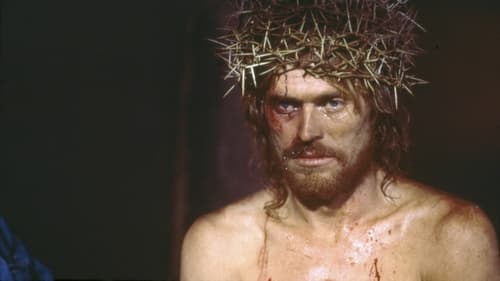
Additional Writing
Jesús, un carpintero de Nazaret, decide atender la constante llamada de Dios. Pero cuando está a punto de completar su misión, debe hacer frente a la mayor de las tentaciones y realizar un sacrificio para salvar a todos los hombres.
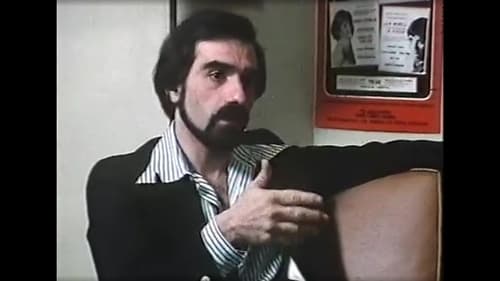
Self
The very first full-length documentary on Scorsese offers an invaluable look at how he was perceived by his colleagues, and himself, in 1977. Catching Scorsese while he was in post-production on New York and editing The Last Waltz, British filmmaker Peter Hayden gets the manically hyper Scorsese to comment on his youth, his relation to his lead characters, and most importantly, his approach to direction. The doc doesn’t quite move at the pace of Scorsese’s revved-up speed-talking, but it does offer some real insight into his productivity in the 1970s, thanks to an impressive array of talking heads. Included are Scorsese’s collaborators Jay Cocks, Mardik Martin, Brian De Palma, Steven Prince (who co-produced this doc), and his mentor John Cassavetes. Also the performers, who discuss his working methods in detail — Jodie Foster, Liza Minnelli, and, of course, Robert De Niro.

Self
In the late spring of 1970, nationwide protests against the war in Vietnam focused in the Wall Street area of New York City and ultimately in a major anti-war demonstration in Washington, D.C.. A group of New York University film students documented the demonstrations as they happened in both cities. Later, in New York, the massive amount of black and white and color 16mm footage was edited into this important record of the day-by-day events. The extended final scene, shot by Edward Summer in a hotel room in Washington, D.C., is a spontaneous conversation among Martin Scorsese, Harvey Keitel, Jay Cocks and Verna Bloom who, along with a large group of NYU students, found themselves frustrated and perplexed by the events and hopeful that the protests would result in change.

Writer
Bob Dylan (Timothée Chalamet) se hizo un nombre en el mundo del folk a muy temprana edad con sus versiones acústicas. Así que cuando en 1965, en el Newport Folk Festival, decidió conectar una guitarra eléctrica y usarla en su concierto, fue un duro golpe para los puristas del folk que veían el futuro del género en el joven. Desde ese momento, la vida de Dylan cambió profundamente. Siendo atacado por un gran grupo de seguidores del folk que lo tachaban de traidor, haciendo que su carrera no volviera a ser la misma. Ese concierto fue clave, se declaró como un músico independiente y fue el comienzo de la voz de una generación.
